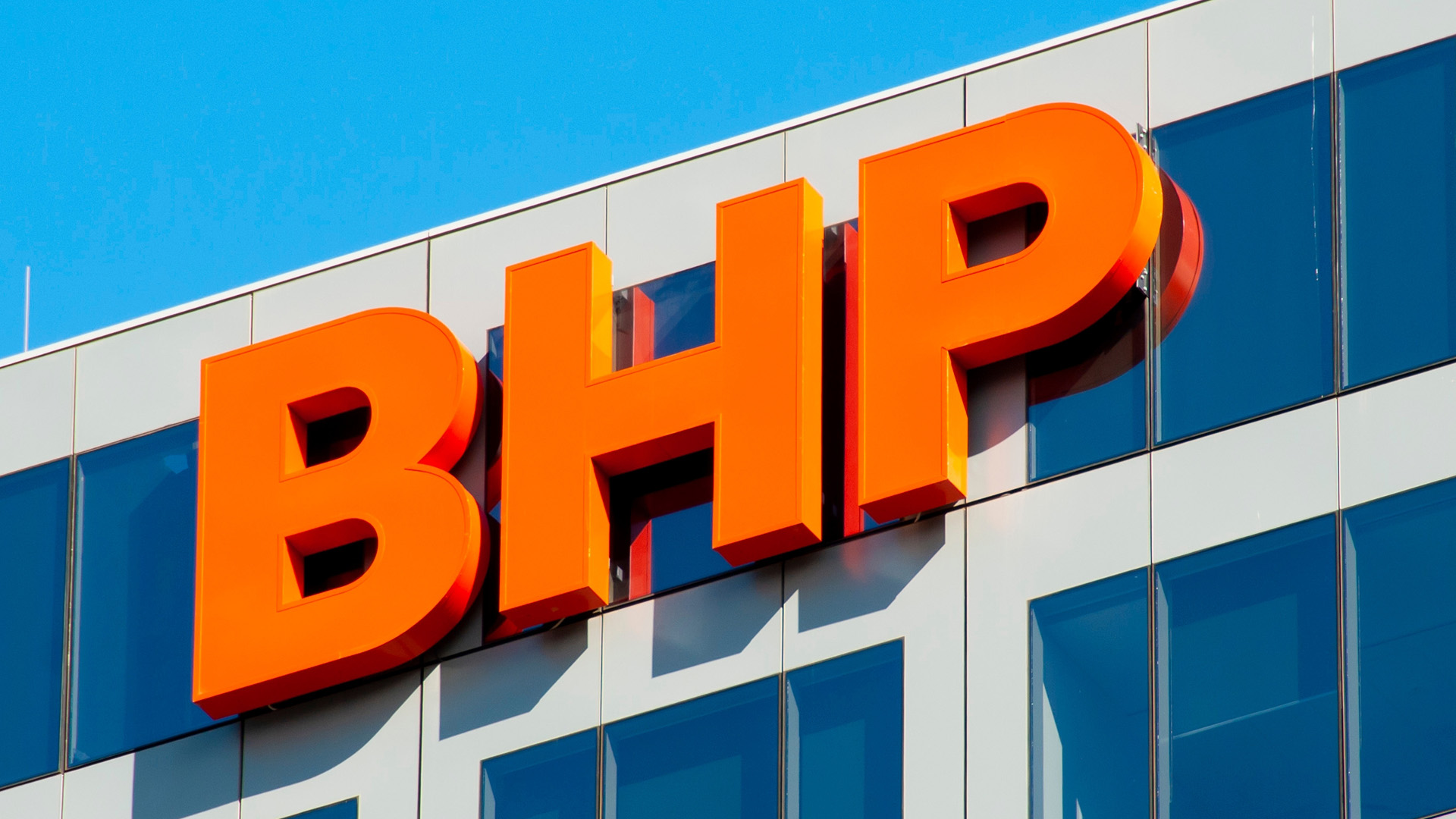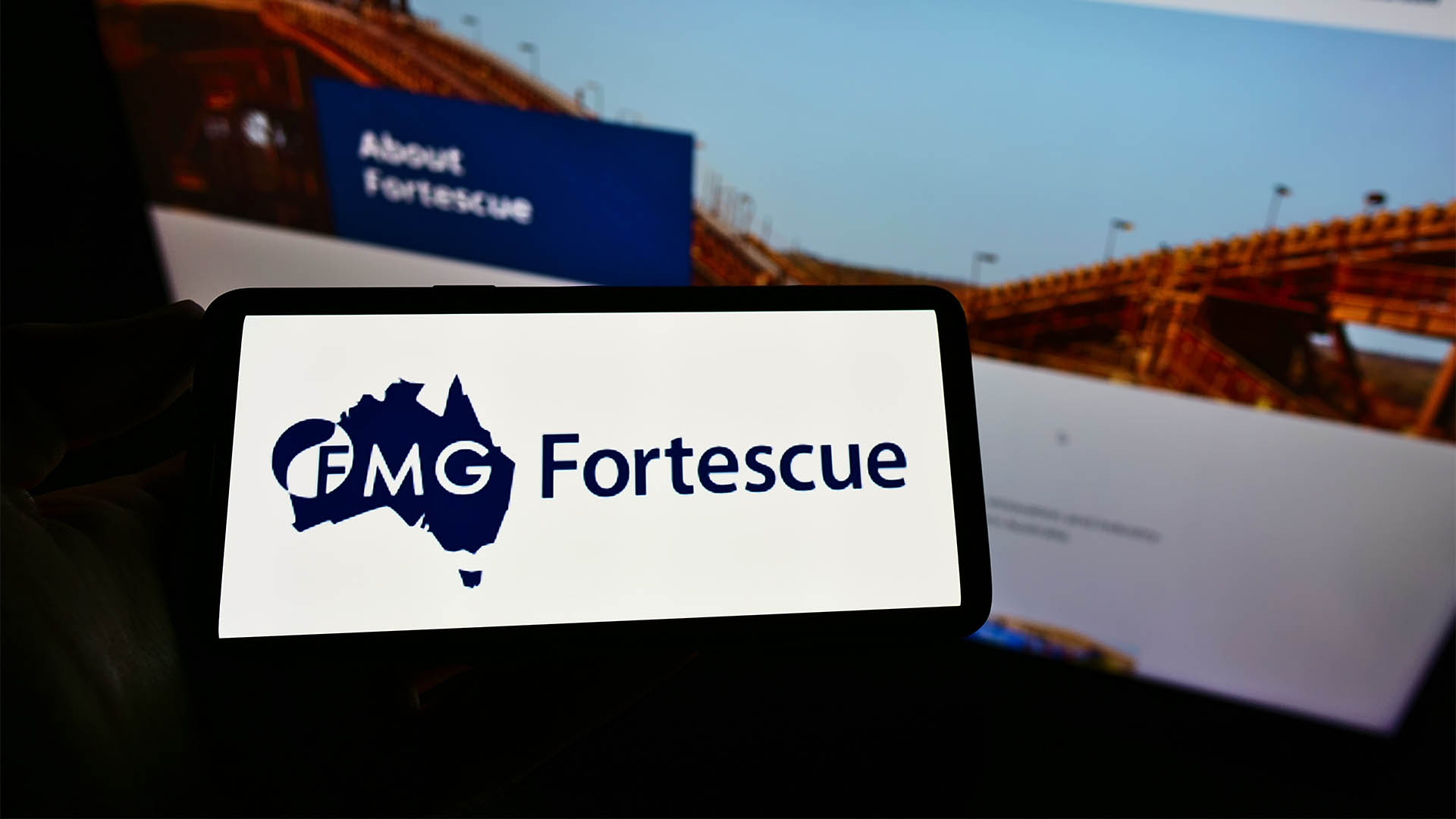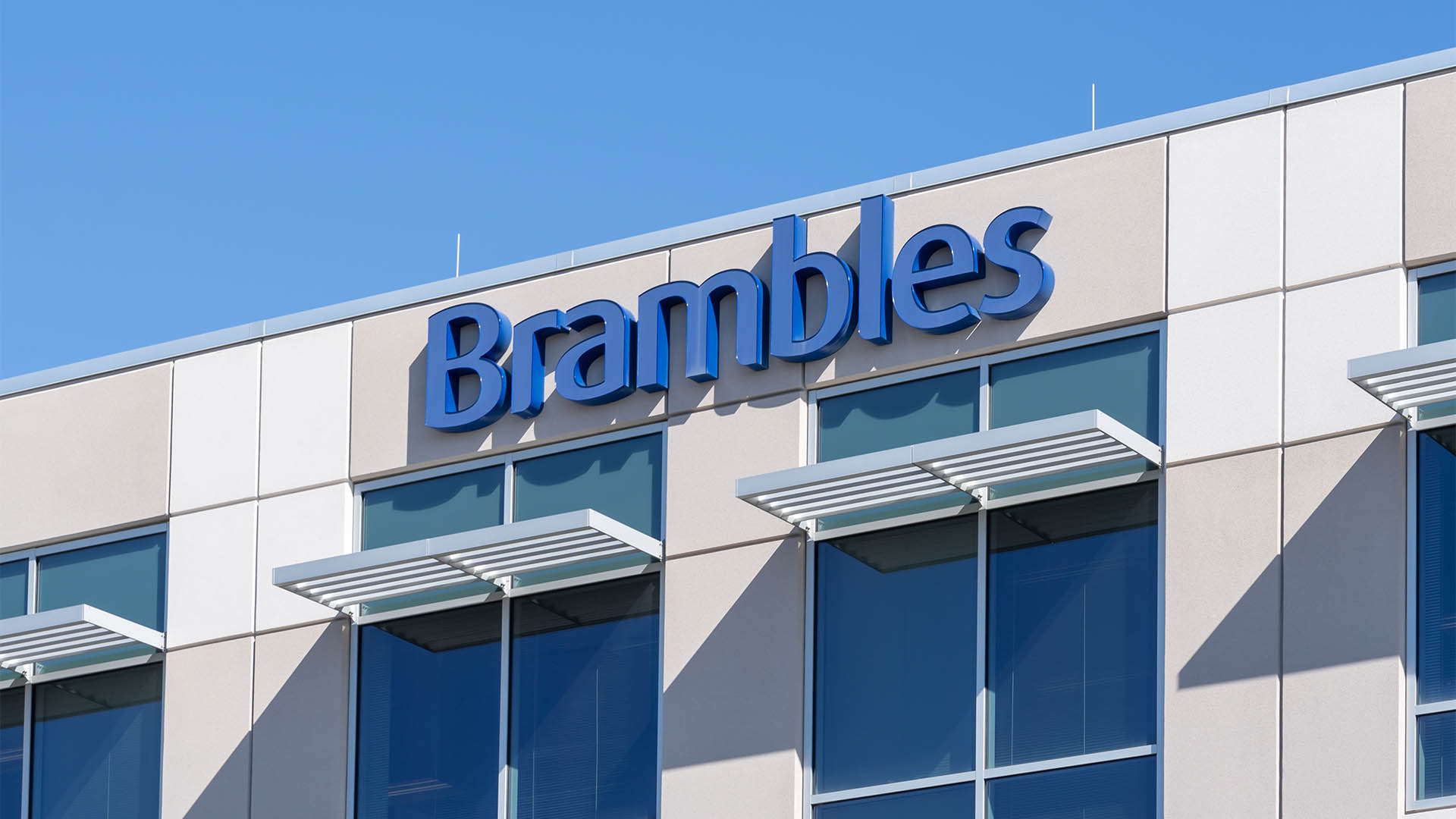Investors gave Wesfarmers 2018-19 result a modest reception yesterday even though the company and some media reports tried to paint it as solid.
If anything it was a bit two-faced strong performances from Bunnings and Officeworks, offset by weak sales and earnings at Kmart and Target.
If anything the result confirmed investor belief that Wesfarmers still has problems to solve and that the attempt to takeover Lynas, the rare earths miner, was an unnecessary diversion (it has been abandoned) and the $700 million bid for lithium miner, Kidman, is similar.
The $230 million acquisition of online site Catch seems to be more fitted to the still strong retail skew of Wesfarmers operations.
The company sold or got rid off a number of assets in the year in coal and most notably the spin-off supermarkets group, Coles, at the end of 2018.
Wesfarmers said its net after-tax profit continuing operations for the 12 months to June 30 was up 13.5% at $1.9 billion, and on revenue from Wesfarmers’ continuing operations was up 4.3% to $27.9 billion.
Overall earnings before interest and tax (EBIT) jumped 12.2% for the financial year to $2.97 billion, thanks largely to a “solid” performance from hardware giant Bunnings, which saw EBIT increase 8.1% to $1.62 billion.
Officeworks boosted its EBIT 7.1% to $167 billion, and the two retailers accounted for 76% percent of the company’s profit growth.
But there could be trouble ahead for the company with Bunnings and Officeworks seeing a slow down in sales growth since the end of the 2018-19 financial year in June.
Even though the company has revealed sales and earnings problems in its twin department store chains earlier in the year, the actual outcomes were still disappointing to the market.
The company’s department store division of Kmart and Target took a hit, with EBIT dropping 13.7% to $540 million. Like-for-like sales for Kmart were flat while Target’s dropped 0.8%
Wesfarmers chief executive Rob Scott said in yesterday’s statement that the performance for the department stores was “below expectations” and noted Target specifically would require ongoing repositioning (as it has needed for most of the past decade).
The company said Kmart and Target’s sales momentum had “moderated” throughout 2019, though noted it picked up in the June quarter.
Overall net profit was inflated due to Wesfarmers’ $2.26 billion gain from the Coles spin-off last November.
This sale, combined with the sale of Kmart’s tyre and auto business, Wesfarmers’ stake in the Bengalla coal mine in NSW and its indirect interest in Quadrant Energy (to Santos), saw the company book $5.5 billion in net profit after tax when taking discontinued operations into account.
“The Group will maintain its disciplined approach to capital allocation and will only pursue growth opportunities that deliver value to shareholders over the long term,” the company said yesterday.
Wesfarmers will pay a final dividend of 78 cents down from $1.20 a share a year ago (understandable given the Coles spin-off).
That will make a total payout for 2018-19 of $2.78 including the special $1 a share paid with the $1 a share interim earlier this year. Total dividend for 2017-18 was $2.23 a share.
The shares ended the day up 1% at $39.













